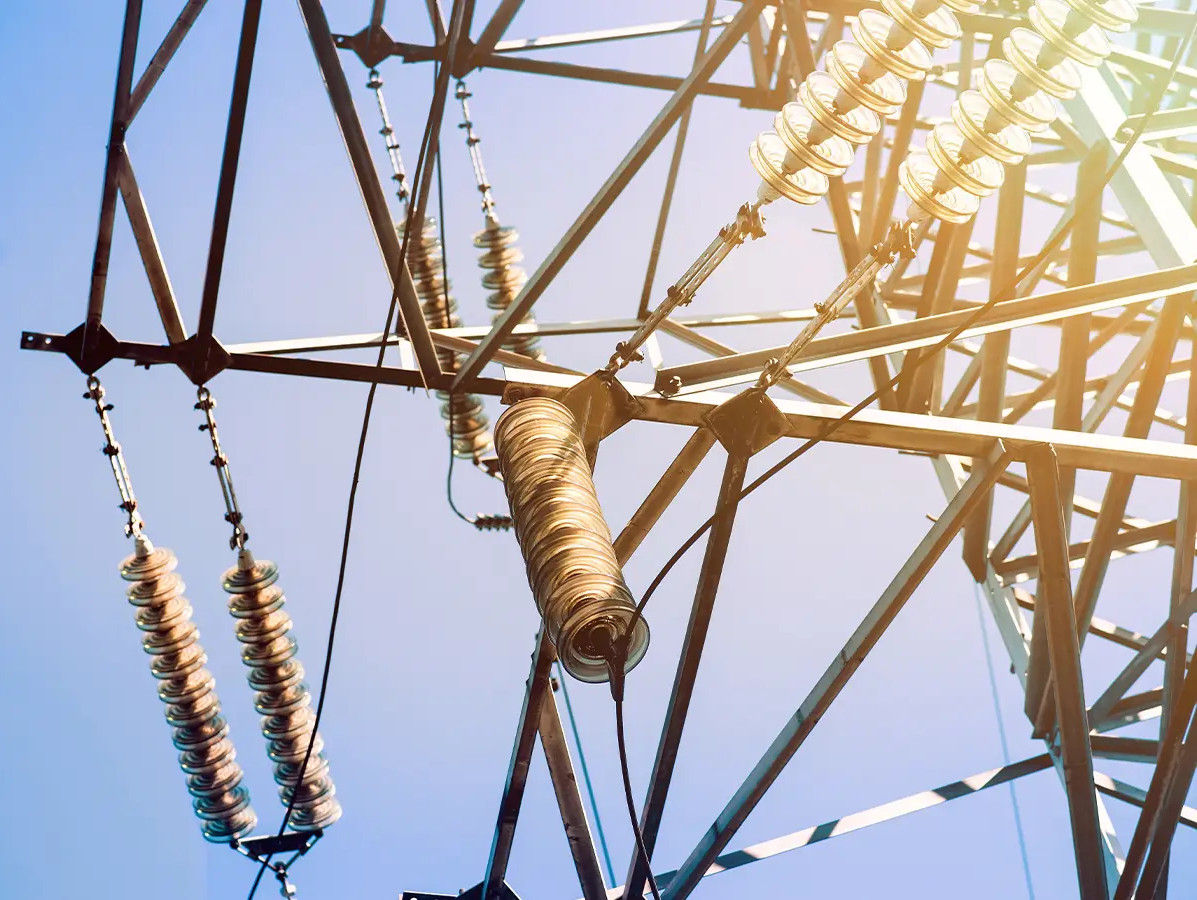
The Dutch electricity supply is expected to remain stable through 2030, but concerns are rising beyond that point. Grid operator TenneT warns in its latest Security of Supply Monitor that the situation will deteriorate from that year onward. The combination of declining dispatchable capacity and a rapidly increasing demand for electricity is driving the trend. Until 2030, reliability remains within the standard of four hours of shortage per year. By 2033, that number jumps to 12.6 hours.
A stable electricity supply is vital for the food industry. Cooling, packaging, heating, automation — it all relies on power. If the power goes out, production grinds to a halt and products risk spoilage. According to RIVM, companies handling hazardous substances could even face safety incidents if systems suddenly shut down.
The sector is steadily moving toward electrification as part of its sustainability efforts. According to RVO, there are plenty of opportunities for energy savings, especially through heat recovery. At the same time, dependence on the grid is growing. For many businesses — from industrial bakeries to frozen foods producers — energy needs are both constant and high. And that’s where the challenge lies: an overloaded grid is already making it harder to green operations in practice.
If the outlook worsens after 2030, preparation becomes a necessity rather than a nice-to-have. Investments in storage, flexibility, and energy efficiency can help mitigate risks. Collaboration across the supply chain — and with grid operators — will also become increasingly important to safeguard energy reliability in the years to come.
View the Security of Supply Monitor
Tennet.eu
Source: Tennet